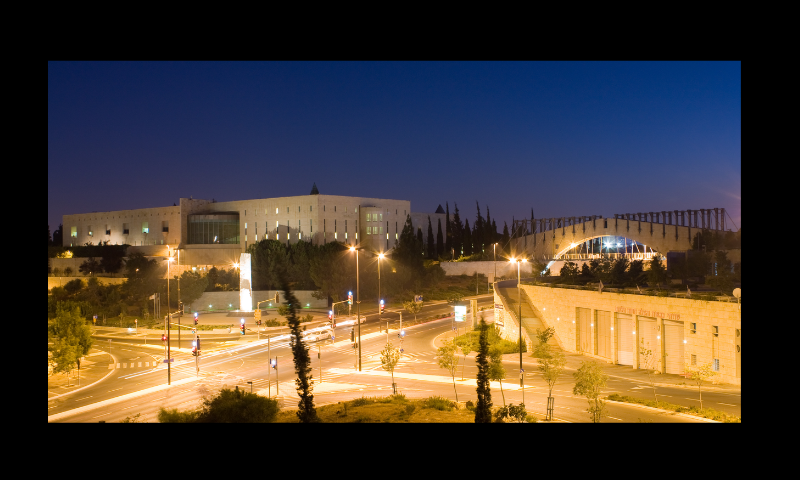Editorial Board
WSJ, Jan. 20, 2023
“With this action, the court has provided clear evidence of its overreach, making the best argument for the Israeli right’s judicial reforms.”
Every time a right-wing government wins an election these days, the immediate refrain from the dominant global media is that it’s a threat to democracy. Israel’s new government led by Prime Minister Benjamin Netanyahu is getting this treatment now, and a brawl over that country’s Supreme Court illustrates why the issue is more complicated than the media narrative.
Israel’s Supreme Court has more power than America’s but without the democratic checks. Unbound by any constitution, and loosed from requirements of standing and justiciability, Israel’s court strikes down laws that it finds merely “unreasonable,” which can cover most anything. Israel’s court even has a veto on the appointment of new justices, in contrast to the U.S. where the President and Senate share the appointment power.
On Wednesday the Israeli Supreme Court revoked the appointment of Aryeh Deri, leader of the Shas party, as a senior cabinet minister. The court can point to no law that keeps Mr. Deri out of the cabinet, but it still decided to abrogate the democratic process, decapitating the new coalition government that made court reform a campaign issue. U.S. national security adviser Jake Sullivan raised concern about those reforms with Mr. Netanyahu in a meeting Thursday.
The court ruled it “unreasonable in the extreme” to appoint Mr. Deri to the cabinet, citing his 1999 graft convictions and 2022 suspended sentence for tax offenses. Yet many voters evidently found it reasonable to return Mr. Deri, a tribune of working-class Mizrahi Jews from Arab lands, to office, as did the Prime Minister who appointed him. The court may be making the sounder judgment on character, but in a democracy that decision is left to voters and the politicians they elect.
Under a previous law, Mr. Deri would have been barred from leading a ministry for seven years after his suspended sentence. But the Knesset recently amended that law to apply only to those who serve prison time. By vetoing the appointment anyway, the court interferes with the power of the people to pick their leaders, via a legislature that makes the law and an executive who fills out the cabinet. …source


